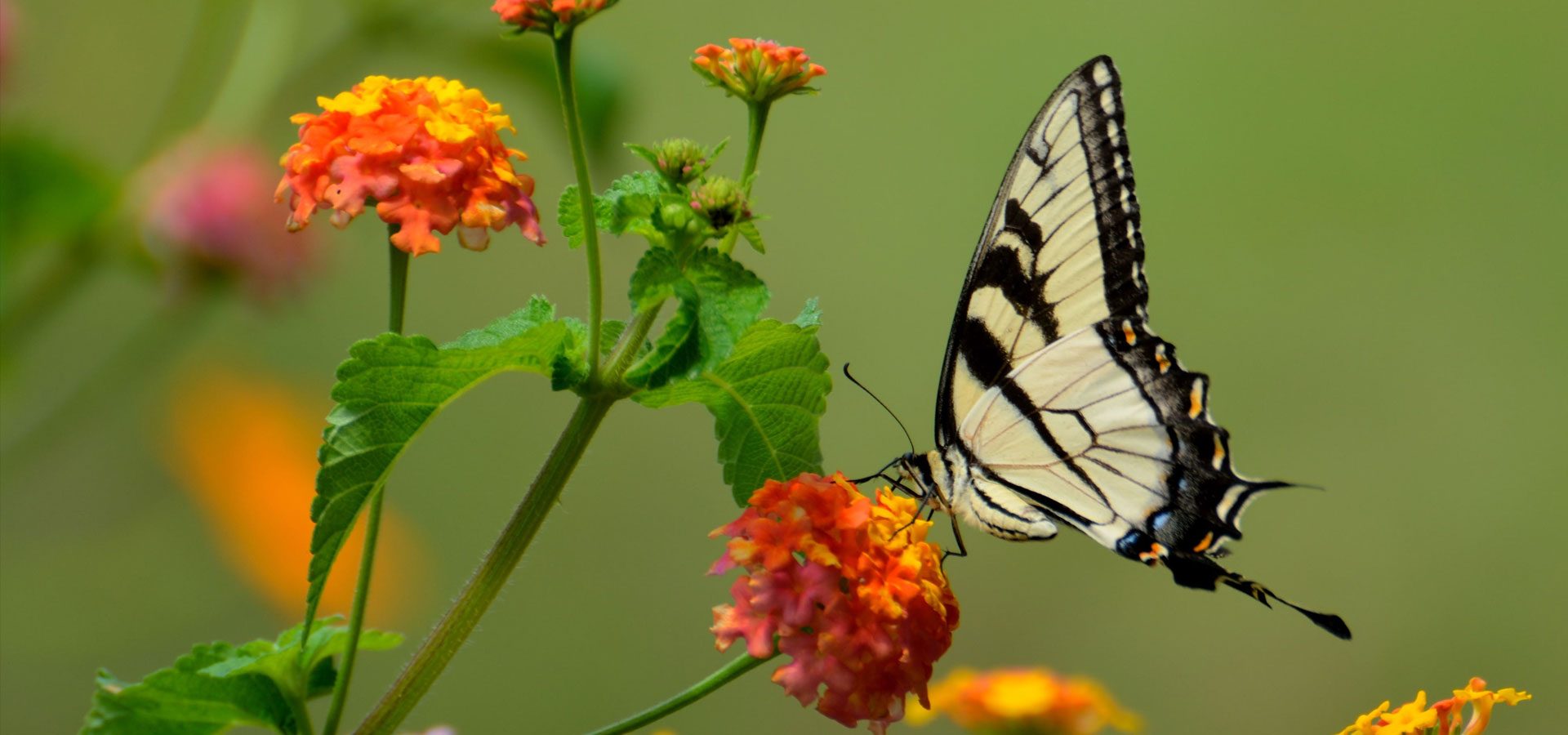Do you know your neighbours? What are their names? Do they have jobs?
I am not talking about your human neighbours. I am talking about the other life that surrounds your home that is either in your front yard, back yard, nature strip or down your street!
Tree’s, plants, flowers and weeds!
That’s right, our eco-system is our community isn’t it? We depend upon it to survive and when we engage with it, we somehow feel a connection. I think this is why gardening appeals so much to older people. They seem to know what every name of plant life is and its purpose. I love talking to people who are tending to their garden. They have a deep respect for the life that surrounds them which somehow creates a space where they feel they belong.
Planting native flora in our garden can also reconnect us to the Indigenous life that inhabited the lands prior to colonization. It also allows us to learn about the special uses of these plants and learn the local Indigenous language. I hear how people who are experiencing loneliness or isolation often go into their garden. It is not just the plant life that exists there but the other life that is also dependent upon its eco-system such as bee’s, snails, worms and birds that remind people that they are not alone. Sometimes it is not unusual for a person to connect with a certain bird that might come and visit them at the same time every day.
So, if you find yourself feeling alone one day, take yourself out to the garden and if you don’t have a garden why not create one! Perhaps take a walk down the street and notice what flora and fauna there is. There are phone apps now that allow you to take photos of plants and they will tell you what their name is and what it is known for. Plant identification and PlantSpot are a couple that come to mind.
This is one way among many others that you can practice nature based therapy.

